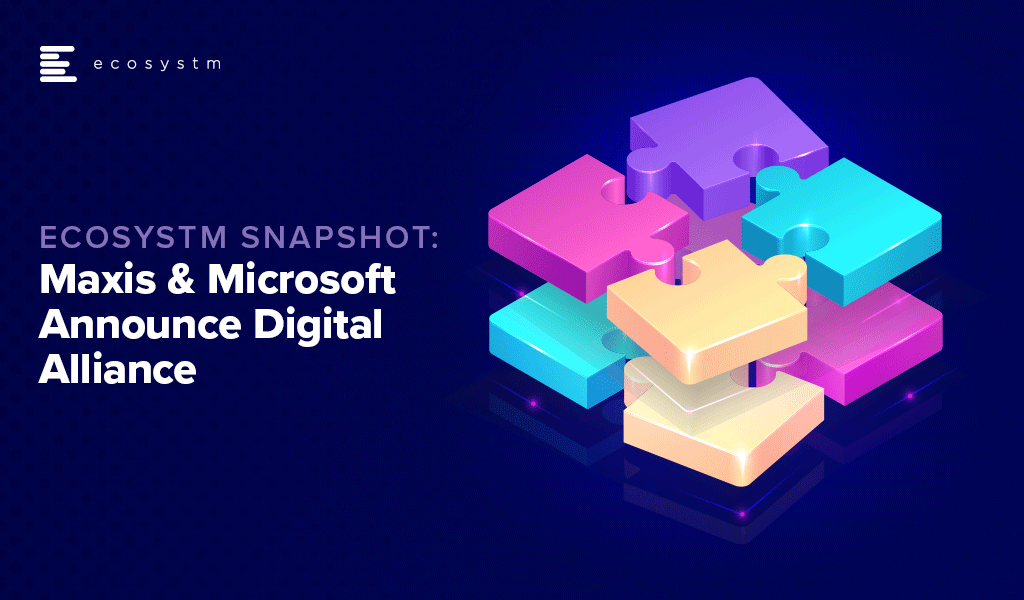
At the end of last year, Ecosystm published The Top 5 IoT Trends for 2020. Principal advisors, Kaushik Ghatak and Francisco Maroto predicted that in 2020 5G providers will be forced to operate outside their comfort zone. While the impact on network and communications equipment providers will be immense, 5G will also force telecom providers to re-think their existing business models. They may not be the best equipped to take 5G technology to market, they way the operate now.
Traditionally telecom providers have been focused on horizontal technologies and on connecting people. They have not had to have conversations around connecting machines – where every industry has their own unique use cases. This verticalisation, will force telecom providers to deal with newer stakeholders in their client organisations – not just IT infrastructure and Facilities. Several telecom providers have in the past become public cloud providers, as their markets becomes smaller and they face competition from global cloud storage providers. Now, telecom providers will increasingly look to partner with cloud providers and systems integrators with relevant industry experience, to translate the value proposition of what they are offering. “Strategic partnerships between leading technology and telecom operators are taking place especially in building various 5G use cases and applications centred on the cloud computing platform,” says Shamir Amanullah, Principal Advisor Ecosystm.
Maxis Strengthening their Market Position in Malaysia
The recently announced partnership between Maxis and Microsoft is an example of how these partnerships will pan out. Maxis does not want to be viewed only as a telecom provider and wants to be the leading Malaysia-based solutions provider. As telecom providers also start to tap the enterprise market, cloud and IoT will be key technology areas, that they should focus on.
“Maxis is leading the way as a converged solutions provider in Malaysia and following the appointment of Gökhan Ogut as the CEO in 2019, there has been a focus to grow the enterprise business which promises a lucrative opportunity,” says Amanullah.
“While the mobile connectivity market is effectively about customer retention in a saturated market, new opportunities lie in enterprise needs for fixed connectivity, managed services, cloud and IoT which is largely untapped. The expected deployment of the 5G network will spur new applications, business models and partnerships.”
Maxis’ move appears to be well-thought. Amanullah thinks that the strategic partnership with Microsoft will help Maxis accelerate its enterprise solutions offering combined IoT and 5G capabilities with Microsoft’s Azure IoT technology. It will also allow for hybrid environments, which is important given the rise of hybrid and multi-cloud adoption. Ecosystm research shows that hybrid cloud adoption in Malaysia is at a nascent 7%. But if they take a lesson from their neighbour, the rise in adoption will be steep. Our research finds that hybrid cloud adoption in Singapore is around 42%.
Telecom providers are also focusing on Digital Transformation (DX). In the Top 5 Telecommunications & Mobility Trends for 2020, Liam Gunson, Director Ecosystm says, “In 2020, operators will focus on transforming the core – remove unnecessary costs, improve customer experience, capture new opportunities – and on building telecom networks with scalability, flexibility, efficiency and agility.” Microsoft’s enterprise Modern Workplace solutions including Microsoft Teams will aid Maxis’ own DX efforts. Maxis will offer fixed line voice calls with the unified communications service.
Mutually Beneficial Partnership
Amanullah also sees this as a positive move for Microsoft. “Microsoft is poised to lead efforts in 5G network deployment which promises to enhance capabilities and drive new economic growth, especially with the focus on Industry 4.0. Maxis’ position as a leading enterprise communications provider and Microsoft’s enterprise technology experience and offerings promises a mutually beneficial partnership.”
Ecosystm research finds that Microsoft is the leading cloud provider in Malaysia when it comes to brand perception, and about a third of enterprise cloud deployments use Microsoft. Amanullah thinks that, “Microsoft’s leading position in cloud platforms is an attractive proposition for enterprises that are looking at speed, performance, reliability, global scale, security and lower costs.”
Talking about the 5G applications that the Malaysia market will see, Amanullah sees tremendous business opportunities in areas such as smart city, autonomous driving, smart traffic management, virtual reality (VR), augmented reality (AR), cloud gaming, and healthcare, to name a few.






